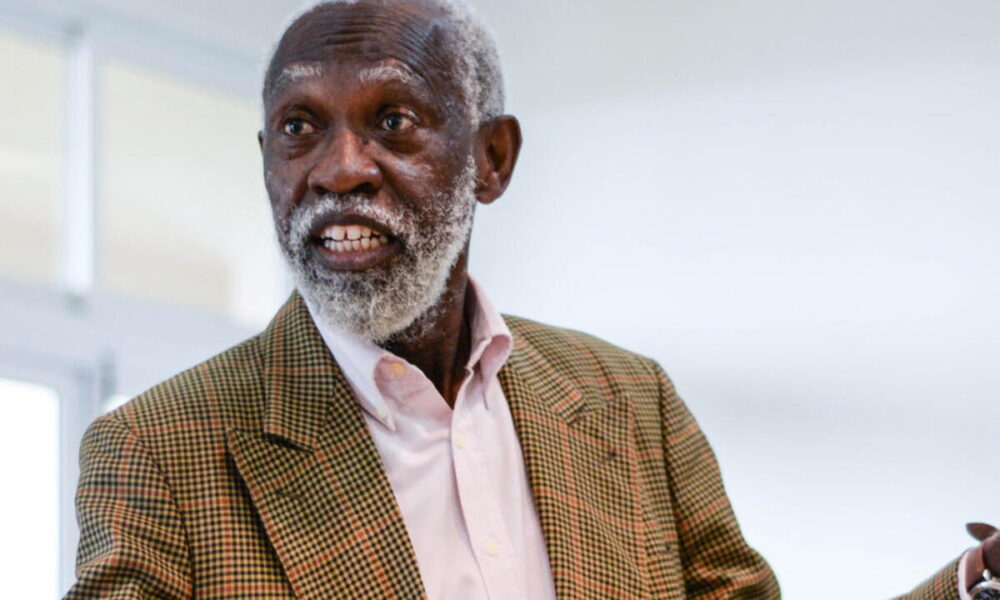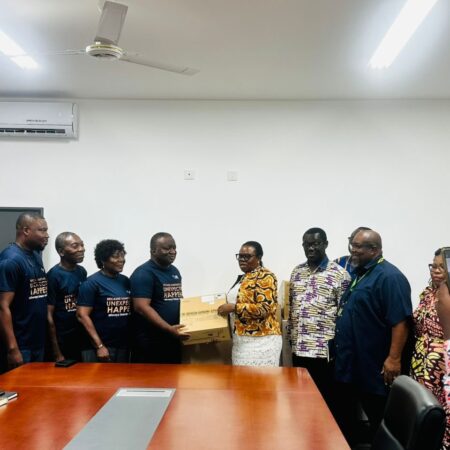Professor Stephen Adei, former Rector of the Ghana Institute of Management and Public Administration (GIMPA), has voiced his strong support for students in Ghana using Artificial Intelligence (AI) as a learning tool. He emphasised that while AI can be a valuable resource, the responsibility lies with educators to design assessments that encourage critical thinking, beyond what AI can provide.
Speaking as a panel member at the Graphic National Development Series (GNDS) event held today at the University of Professional Studies, Accra (UPSA), Prof. Adei argued that banning AI in educational settings would only hinder progress.
“About the AI – listen, I would like the young people to use AI. We can’t go back,” Prof. Adei stated.
He further explained that teachers should adapt their teaching methods by crafting questions that require analysis and reflection, areas where AI currently falls short.
“The trouble is… oftentimes the students are smarter than the teachers. That’s where the real challenge is. Let them use AI, but ask a question in such a way,” he stated.
Prof. Adei highlighted AI’s potential as a tool for information gathering and efficiency, but stressed the importance of educators guiding students to think independently. He shared an example from his own experience, recalling how he tested AI’s limitations by asking it a question, only to receive the response, “I’m only a machine.”
This, he noted, illustrates that while AI excels in processing vast amounts of data, it still lacks true comprehension.
The Professor also called on schools to integrate AI responsibly, rather than restricting its use. He cited Ashesi University as an example, where engineering students use AI-driven technologies to create practical solutions, such as robots for garden maintenance. He encouraged other institutions to follow this model by adopting technologies like Chromebooks to better prepare students for the future.
“We would want to teach you to responsibly use it, rather than to keep you off,” he said, advocating for a curriculum that blends AI with hands-on problem-solving.
In his remarks, Prof. Adei also drew a comparison between resistance to AI and the historical Luddite movement, which opposed the industrial revolution’s technological advancements. He warned that rejecting AI would be a step backward in education.
“The problem is not with AI. It’s we catching up so that the students can use AI for the AI things and move forward to do more practical things,” he concluded.









